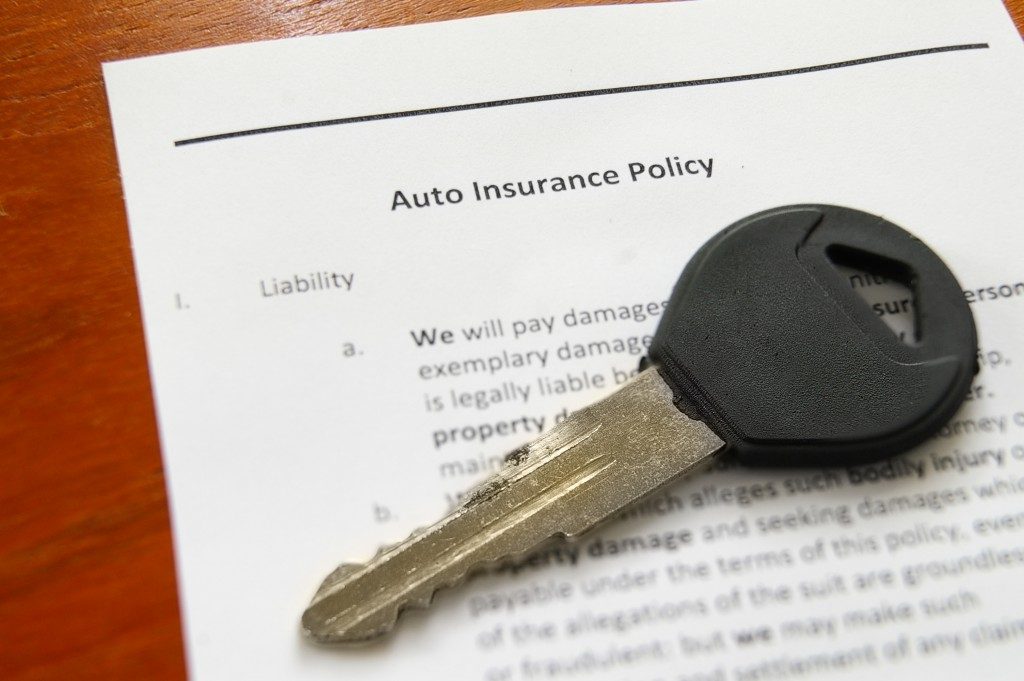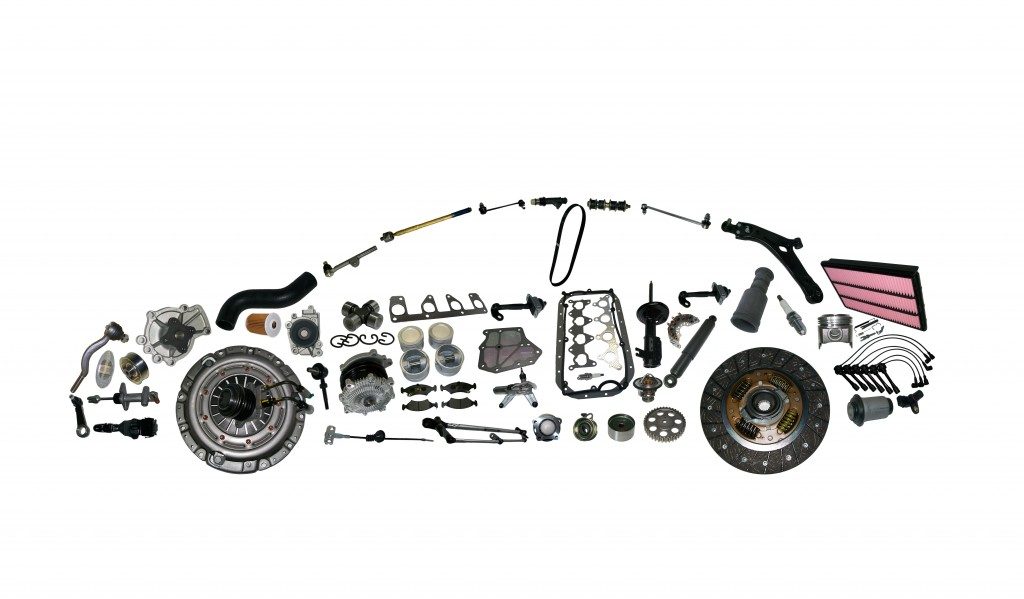Every car owner puts a great deal of trust in their automobiles. They serve as one of our most significant investments, and we expect them to last long while keeping us safe in every journey. Whether you’re traveling to work, taking the kids to school, or going on a long trip, drivers heavily rely on their cars to reach various points, regardless of the situation.
Since we spend a lot of travel hours with our vehicles, encountering issues is nothing but typical. Although cars are well-built and safe for travel, problems and accidents still occur if we don’t keep them in good shape. Common car issues may range from a dead battery, sputtering engines, and poor fuel economy. Tires are also most vulnerable to damage, from flat tires to poor tire balancing. This is where car wheel balancing systems come in to improve wheel accuracy and alignment.
Faulty vehicle issues affect a driver’s ability to handle a vehicle properly and its passengers’ safety. These can lead to devastating damages and serious injuries in the event of a crash or collision. In this case, it’s essential to be wary of the most dangerous car safety issues to prevent them from happening.
Fuel leak
A fuel leak is a standard car issue and the most dangerous. Although it doesn’t affect the vehicle directly, it can lead to life-threatening consequences.
There are two ways to detect a fuel leak: the smell of gas while driving or a pool of black or brown fluid dripping from the car. If the mechanic says the fuel leak has gotten serious, they may recommend refueling the vehicle more often. Remember that gasoline is a highly flammable material, so even the tiniest spark can send your car into flames.
There’s no quick solution to fire hazards in vehicles. You either damage the entire car or, worse, risk losing a life. So if you suspect the vehicle has a fuel leak, send the vehicle immediately to a mechanic to check the tank and repair it.
Another serious side effect of fuel leaks is dizziness and headaches while driving. Fuel contains carbon monoxide, which can be very toxic to human beings and pets. Once a significant amount of fuel releases into the air, the driver and the passengers will experience sudden dizziness once they breathe it in.
Dizziness is highly dangerous, especially when driving. If you experience lightheadedness after breathing in some traces of gasoline while driving, a fuel leak might be a possible problem. Once this happens, air the vehicle immediately and bring it to a mechanic.
Damaged tires

Whether it’s a small car, van, or large truck, any vehicle needs functional tires to operate safely. Tires are vulnerable to damages since they’re constantly exposed to different outdoor elements and temperature changes. They’re also in frequent close contact with the ground, exposing them to constant wear and tear.
This is why our tires require the most amount of attention and maintenance. Since they’re the only vehicle component always in contact with the road, the driver must ensure they’re in good shape before driving. Driving on poorly inflated or damaged tires can lead to various tire issues, such as faulty tire steams, zipper failures, and tire bead failures.
Two of the most dangerous tire problems are tire separation and tire blowout. Tire defects can cause the tires to separate even while driving, causing sudden blowouts and crashes. Meanwhile, poorly inflated tires can lead to blowouts, which may cause you to lose control of the car, injuring the passengers and other drivers in the process.
The great thing about tire problems is you can detect them easily only if you devote a few minutes to check the tires every day. During tire inspections, press the tires to determine their firmness. If they’re too soft, pump the tires immediately. But if you pumped the tire recently and noticed that it’s losing firmness, check for signs of leaks.
Faulty brakes
Faulty brakes are likely the most common and deadliest defect in any vehicle. Once the brakes fail, the driver may lose control of the car, causing it to hit a car or building or drift into the incoming traffic.
There are plenty of causes for a poorly functioning brake. It can be a design flaw, improper installation, or loss of brake fluid. Some early warning signs include overly responsive brakes, unresponsive brake, or vibrating brake pedal. If you notice any of these signs, have the brakes checked by a reliable mechanic.
Owning a car is a huge responsibility. That’s why it’s crucial to educate yourself about the warning signs of a faulty car system. Ignoring car issues will not only wreak havoc on your budget but can also be life-threatening. While there are still loads of engine problems to be aware of, knowing about the most dangerous car defects can make a big difference to you and your passengers’ safety.



